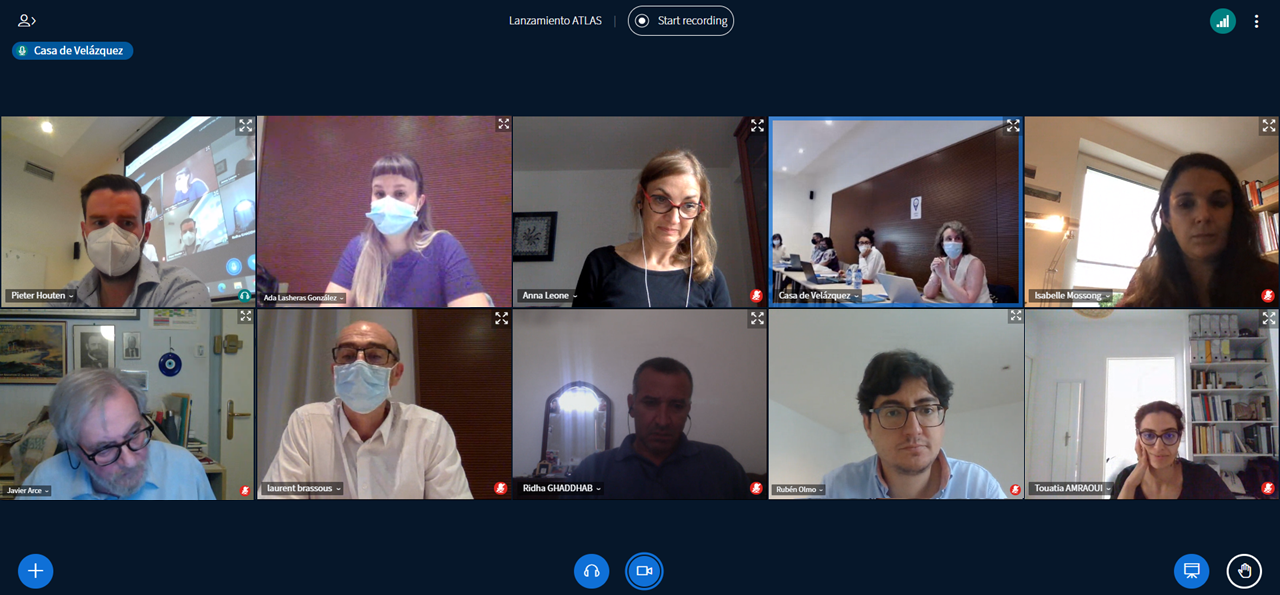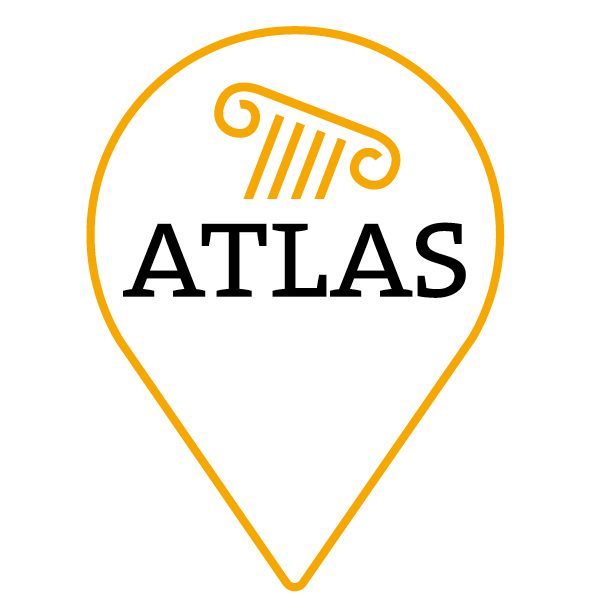Last July when the members of ATLAS met for the official project launch we had discussions on the major fields of the project: urban life; city and territory; urban networks. The discussions led to the creation of research groups that turn their attention on specific themes within the large fields of the project. The process of deciding what groups had to be formed was one of mutual agreement. A member would state that a theme could be of interest, if this was seconded by another member the group was formed. After the Madrid workshop each member could join one or more groups by signing up on the list of research groups. Interestingly, this meant we had a second selection of groups, as some were not continued. In the end we have research groups covering different aspects of late Antiquity on the Iberian Peninsula and North Africa. Each group nicely reflects the diversity of our research focus, they all have specialists focusing on either the Iberian Peninsula or North Africa. This way we ensure that the comparative aspect of our project is going to be part of these groups.

The Research groups
We have research groups dedicated to the study of various topics. On the one hand, the “Political power in the city” group deals with sociological aspects. This was also the case with the “Religion” group, but finally this team has joined the massive “Shape of urban spaces” group, as it will also focus on religious buildings in cities. This large group, having gulped up almost half of the participants (luckily many people joined two groups), will look at more aspects such as the resizing and topography hierarchization of late antique urban centres. This is one of the groups with an archaeological focus. Another archaeological group is that on “Territory”, they will look at the territories of cities from a Landscape Archaeology perspective. With archaeology the economy is never far away, this research group will turn to the productive side and trading networks of cities. The more theoretical and methodological approach can be found in the groups “Terminology” and “8th century”. Wait, we have a group for one specific century? Yes indeed, this century seems very difficult to research in both North Africa and on the Iberian Peninsula. They will focus on the still existing difficulties when defining the 8th century archaeological record and on the evolution of cities during this ‘fully post-Roman’ century. The last research group studies the epigraphy of both regions. So we can venture saying that with these groups we have covered all major themes of late antiquity.
An autumn of conferences and group meetings
As we wrote we had quite the autumn of conferences, with us going all over the place. It seems that all organisations were using the short period of open borders and reasonably low numbers to get going with conferences (fingers crossed we will not find ourselves in a long lockdown winter). As we do like to keep busy this period was also used to get the research groups going. As always with different groups we observe that some meet frequently and others work under the radar. Nonetheless, with the deadline for titles and abstracts last week we see that all have been working hard to get their favourite themes highlighted in our project. Each research group had to start thinking about their first work in progress presentation planned for our next ATLAS workshop.

Next ATLAS Workshop: sneak preview
The next ATLAS workshop will take place in Hamburg between the 24th and 26th of January. Keep those fingers crossed, we hope the new regulations will have success and we can still meet in person at the Warburghaus in Hamburg. Each group will present work in progress within their chosen theme. The idea behind it is that we will be working towards the publication of our companion of late antiquity. The fruits of the workshops and groups will lead to the needed reflections to create an up to date and fundamental source for the basic study of late antiquity in North Africa and the Iberian Peninsula. To facilitate discussion each group will invite a key-note speaker, and expert within the field, to present the latest on the theme of the group. This will be followed by the work in progress presentation of the group. Thereafter we plan ample time for discussion among the members. This way we hope to bring forward our research and the study of late antiquity as a whole.
